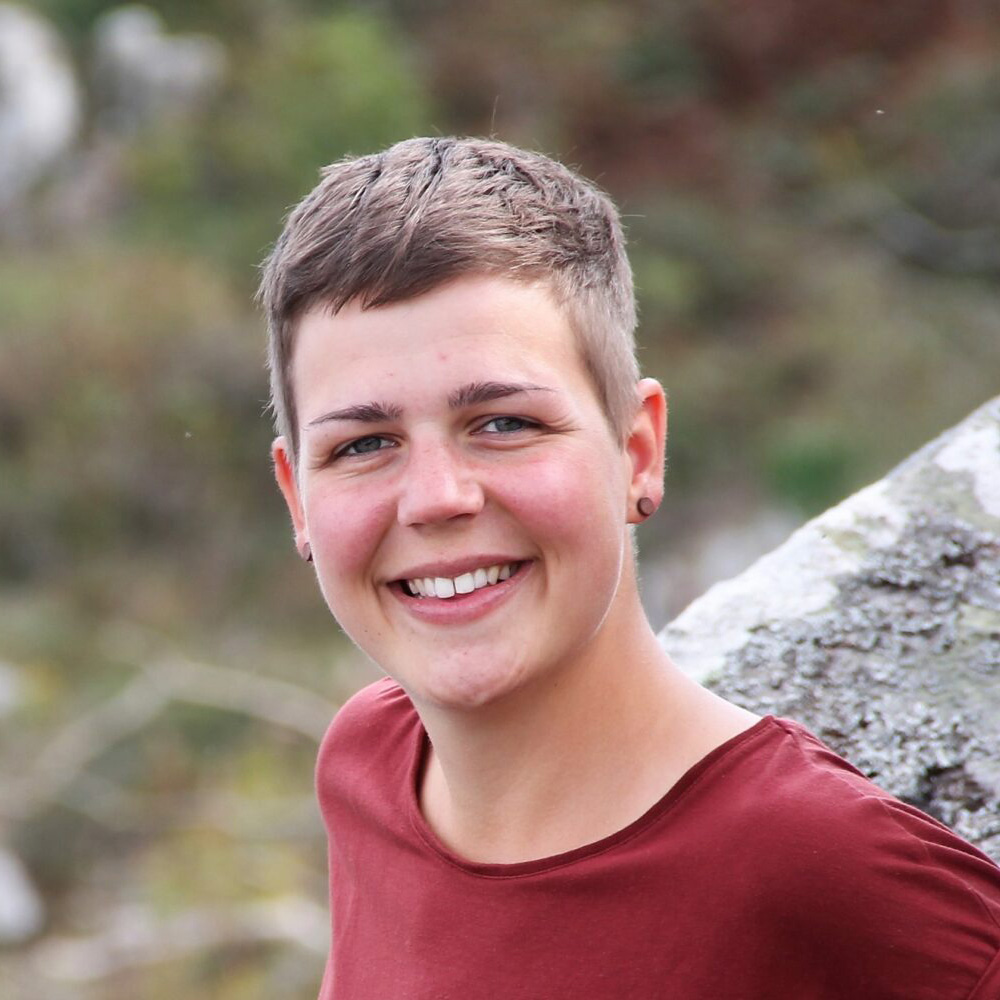
“Learning to say “no” helped me to set and communicate my own boundaries, as well as to prioritise the tasks that support my own career development.”
— Ms. Lena Rölfer
Lena Rölfer is a PhD candidate at the Faculty of Sustainability at Leuphana University and at the Climate Service Center Germany (GERICS). In her PhD, she focuses on the contributions of governance, local actors and information services to the resilience of coastal systems to climate change. She holds a B.Sc. in Environmental Sciences and a M.Sc. in Aquatic Tropical Ecology. Lena has a strong interest in the role and opportunities of early career researchers within transdisciplinary coastal research and at the science-policy-practice interface.
Q: What inspired you to pursue a career in scientific research?
A: Already as a young girl, I was excited about science and all the small and big wonders the world has to offer. Every evening before supper, I sat down in front of the TV and watched a show, in which small scientific experiments were shown and explained. I was even given an experiment box for my birthday with which you could grow small crystals at home. I have always been curious why things are the way they are.
Q: Have you ever been anxious? What are the sources of anxiety? How do you relieve anxiety?
A: Yes, I have been feeling anxious about my contributions to science and the quality of my research. While I don’t think that this is specific to women or girls in science, academia is still a male dominated field, and female researchers often feel like they have to perform even higher than their male colleagues, which puts a lot of pressure on them. Another source of anxiety are short-term contracts. Not knowing what comes next can create great uncertainty about the future career prospects – both for male and female researchers.
One way of relieving this anxiety for me is to speak about it openly with my supervisors and peers. As mental health is becoming a topic that is being more openly discussed, I think it is important to point out the issues in academia that make people feel anxious or overwhelmed. Another way to relieve anxiety is learning to say “no” to tasks and possibilities. While we often take on as many tasks as possible to show that we are capable of meeting the demands, we often forget to pay attention to our mental capacities. Learning to say “no” helped me to set and communicate my own boundaries, as well as to prioritise the tasks that support my own career development.
Q: Gender equality and the empowerment of women and girls will make a crucial contribution. In your current field of study, what unique research perspectives do you think female researchers can contribute?
A: In my opinion, one of our greatest opportunities for reaching sustainable development is to re-connect with ourselves, our fellow human beings and our environment – on a personal, as well as on a professional level. Traits like attentiveness, empathy and co-operativeness, which are necessary for this re-connection, are often associated with female energies. Therefore I think, female scientists have an important role to play in sustainability science because they can incorporate these traits into their research, and how it is conducted.
